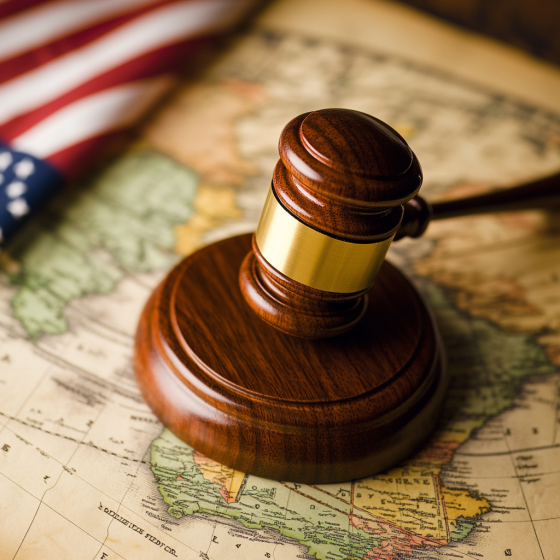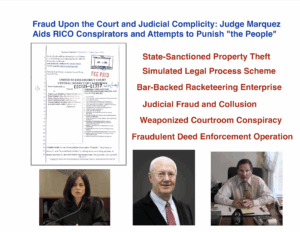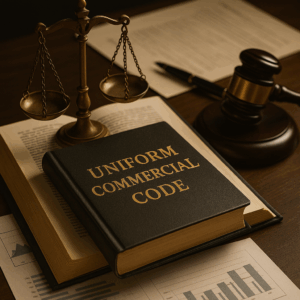A foreign trust can lawfully serve as the foundation of a nation, meeting the core criteria for statehood established by the Montevideo Convention. Possessing legal personality, defined territory, a permanent population, and a governing structure, it functions as a sovereign entity under both contract and treaty law. This article explores how foreign trusts establish legitimate nations with the authority to govern, enter into agreements, and assert independence on the global stage.
🧾 What Is a Foreign Trust in This Context?
A foreign trust is:
-
A contractual legal arrangement (often irrevocable) between trustees, settlors, and beneficiaries.
-
Domiciled outside the jurisdiction of a given government—usually non-domestic, non-taxable, and private.
-
Operated under private law, not statutory public policy.
When used to create a nation-state, it becomes the contractual vessel through which governance, asset protection, and jurisdiction are declared and managed.
In this way, the foreign trust itself functions as the nation.
✅ Why a Foreign Trust Qualifies as a Nation
A foreign trust can be recognized as a nation or private state because:
1. It Has Legal Personality
The trust, via trustees, can contract, sue, be sued, hold property, and issue rules—just like a sovereign. In international law, the capacity to enter into relations with other states is one of the four key criteria for statehood under the Montevideo Convention.
2. It Can Declare Jurisdiction and Law
A properly constructed trust indenture can establish:
-
Law form (natural law, common law, ecclesiastical law)
-
Jurisdiction
-
Venue
-
Governing authority
This forms the governmental structure of the nation, satisfying another Montevideo criterion.
3. It Can Have Members/Citizens
The trust can define members or beneficiaries as the permanent population of the nation. These people consent to be governed under its private law system, fulfilling the “permanent population” requirement under international law.
4. It Can Own or Claim Land
The trust can claim and hold land privately or under ecclesiastical/ancestral right (think: tribal or hereditary trusts). It may also define jurisdiction over land contractually or symbolically. This satisfies the territory requirement under Montevideo.
5. It Can Enter Into Treaties and Contracts
The trust can issue agreements with other private nations, tribes, foreign trusts, or even nation-states. The ability to enter into treaties and formal relations is the fourth key requirement for nationhood under international law.
6. It Avoids State Interference
Because it’s private and foreign to the domestic system, it often enjoys immunity under:
-
Private international law
-
The Hague Conventions
-
Trust treaty protections
-
Comity of nations
This makes it more sovereign than even many “recognized” states that are internally beholden to public policy.
🛡️ Famous Examples of Trust-Based Sovereignty
-
Ecclesiastical Sovereign Trusts – Used by religious microstates and orders like the Vatican or the Knights of Malta.
-
Indigenous Nations – Many tribal nations operate under hereditary or natural trusts.
-
Private International Governments – Such as certain U.N. agencies or global banks, which operate on supranational trust structures.
-
Financial Sovereign Entities – The Bank for International Settlements (BIS) is a prime example of a trust-structured supranational entity.
These prove the trust model is not only valid—but powerful.
🧰 Pro Tips for Building a Nation-State via Foreign Trust
These are not merely strategic—they are practical applications of international law:
-
Use a contract trust or common law trust, not a statutory trust.
-
Declare the trust as operating under lex mercatoria, natural law, or divine law, depending on your philosophy.
-
Make sure the trust has:
-
Trustees (governing body)
-
Trust indenture (charter/constitution)
-
Settlor (founder)
-
Beneficiaries (the people/nation)
-
Defined jurisdiction and choice of law
-
-
Record it publicly or internationally—through public notices, foreign registries, UPU, Hague Apostilles, or treaty-based announcements.
Each of these elements mimics the same functional markers required of a sovereign state under the Montevideo Convention (1933).
🧩 Bottom Line
Yes—a foreign trust can qualify as the core legal instrument to form a nation, state, tribe, or private society under:
-
✅ Contract law
-
✅ International law (with proper expression)
-
✅ Treaty law (if you enter into agreements)
-
✅ Natural law / private governance frameworks
The foreign trust becomes the vessel of sovereignty, housing your law, your people, your land, and your government—all by contract, consent, and record. It’s not only a nation—it’s a lawful person in the family of nations.




